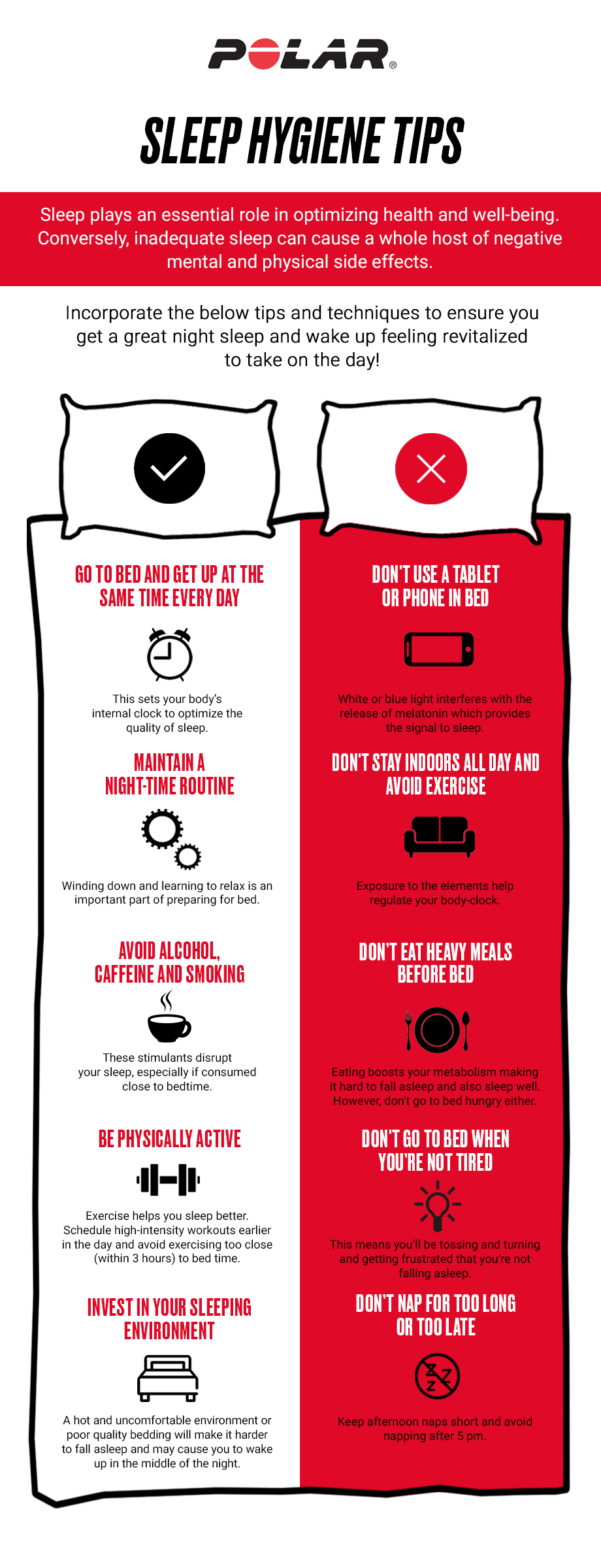
Optimizing Sleep Hygiene: Healthy Habits for Restful Nights
Quality sleep is foundational for overall well-being, and establishing good sleep hygiene practices is essential for achieving restful nights. In this article, we’ll delve into the importance of sleep hygiene and explore actionable tips for optimizing your sleep routine.
Understanding Sleep Hygiene
Sleep hygiene refers to a set of practices and habits that promote healthy and restful sleep. It encompasses various factors, including your sleep environment, bedtime routines, and lifestyle choices. By paying attention to these elements, you can create an optimal sleep environment conducive to quality rest.
Creating a Comfortable Sleep Environment
The sleep environment plays a crucial role in the quality of your sleep. Ensure your bedroom is dark, quiet, and cool. Invest in a comfortable mattress and pillows that support proper spinal alignment. By creating a conducive sleep environment, you signal to your body that it’s time to unwind and rest.
Establishing Consistent Sleep Patterns
Consistency is key when it comes to sleep. Try to go to bed and wake up at the same time every day, even on weekends. This helps regulate your body’s internal clock, making it easier to fall asleep and wake up naturally. Consistent sleep patterns contribute to better overall sleep quality.
Limiting Screen Time Before Bed
The blue light emitted by screens can interfere with the production of the sleep hormone melatonin. Aim to limit screen time at least an hour before bedtime. Instead, engage in relaxing activities such as reading a book, practicing gentle stretching, or practicing mindfulness to prepare your body for sleep.
Mindful Eating and Bedtime Snacking
Be mindful of your eating habits, especially close to bedtime. Avoid heavy meals, caffeine, and nicotine in the hours leading up to sleep. If you’re hungry before bed, opt for a light and sleep-promoting snack, such as a small serving of nuts or a banana. Proper digestion contributes to a more comfortable night’s sleep.
Incorporating Relaxation Techniques
Incorporate relaxation techniques into your bedtime routine to signal to your body that it’s time to unwind. Techniques such as deep breathing, progressive muscle relaxation, or gentle yoga can help calm your mind and relax your body, promoting a smoother transition into sleep.
Regular Physical Activity for Better Sleep
Regular physical activity is linked to improved sleep quality. Engage in moderate exercise, such as walking or jogging, during the day. However, avoid intense workouts close to bedtime, as they may have an energizing effect. Regular physical activity contributes to overall well-being and supports healthy sleep.
Managing Stress and Anxiety
Stress and anxiety can significantly impact sleep. Develop strategies for managing stress, such as practicing mindfulness, journaling, or seeking support through therapy. Creating a pre-sleep relaxation routine can help alleviate stress and set a positive tone for bedtime.
Seeking Professional Guidance for Sleep Issues
If you consistently struggle with sleep despite adopting healthy sleep hygiene practices, consider seeking professional guidance. A sleep specialist or healthcare provider can assess potential sleep disorders, provide recommendations, and offer tailored solutions to improve your sleep.
Optimal Health Partner: Your Resource for Sleep Wellness
For more information on optimizing sleep hygiene and personalized guidance, visit Optimal Health Partner. Your journey to restful nights and improved sleep quality begins with understanding and implementing healthy sleep hygiene practices. Explore resources and support for a better night’s sleep.
